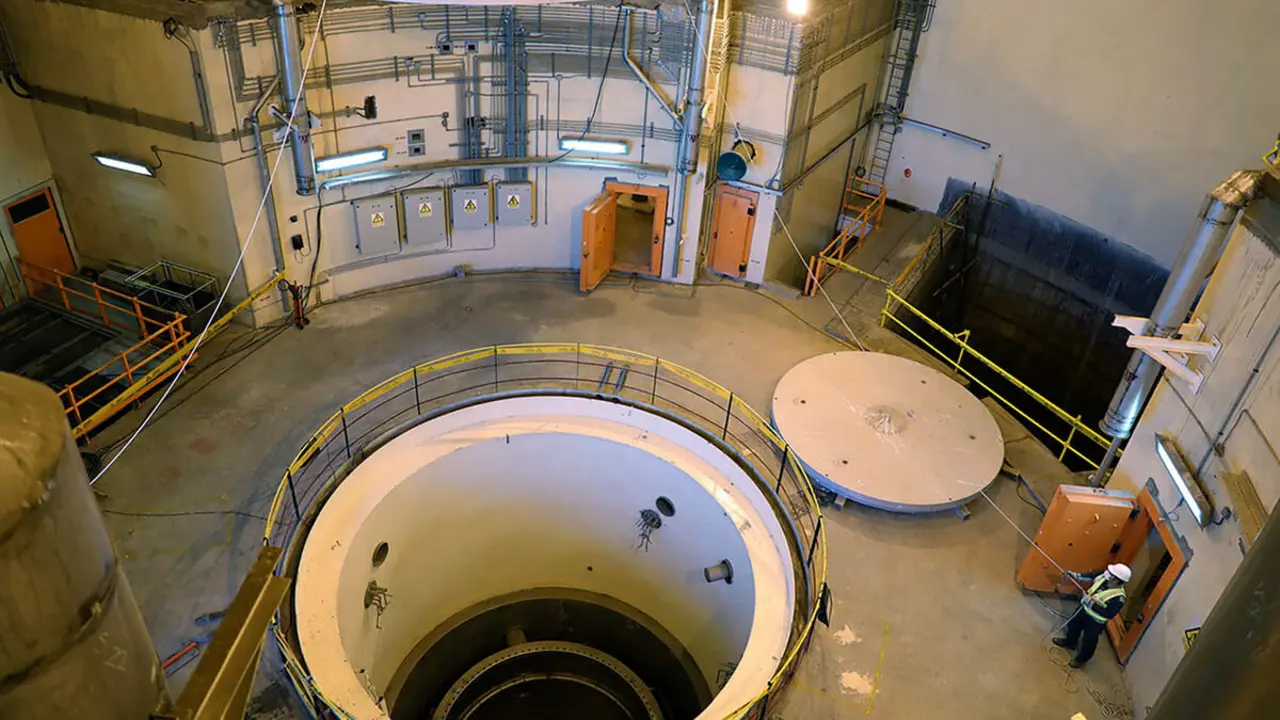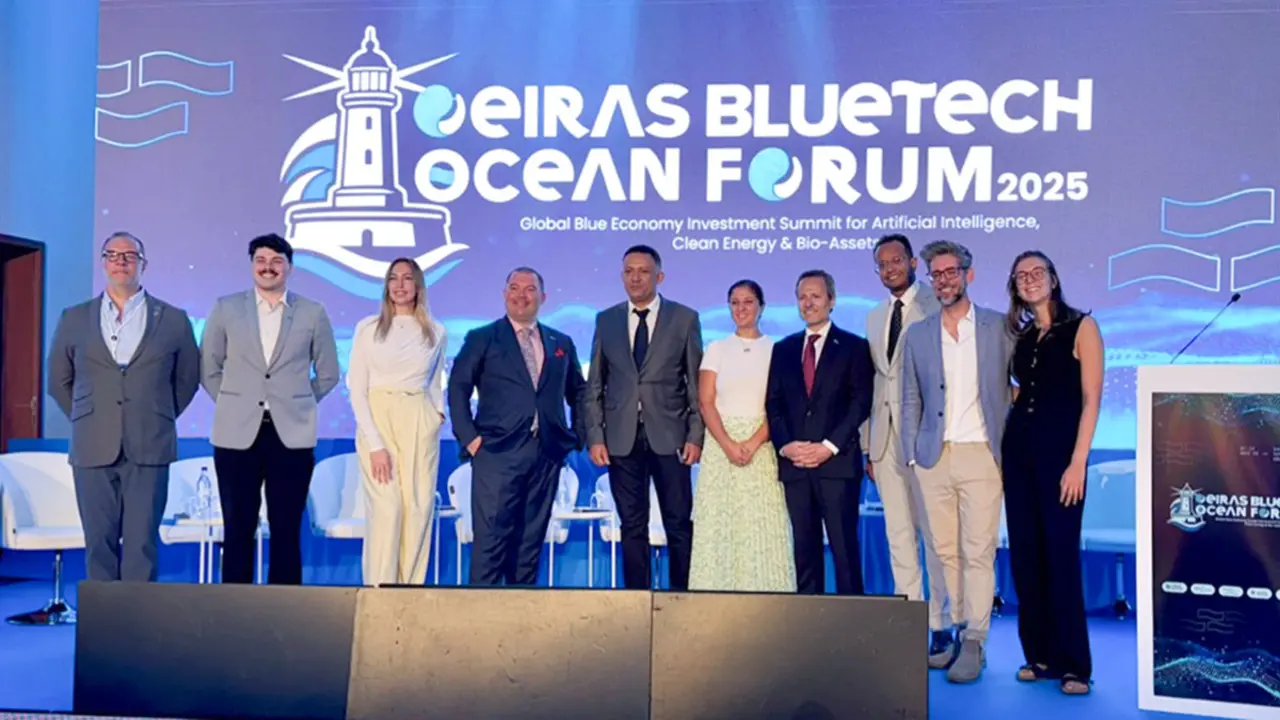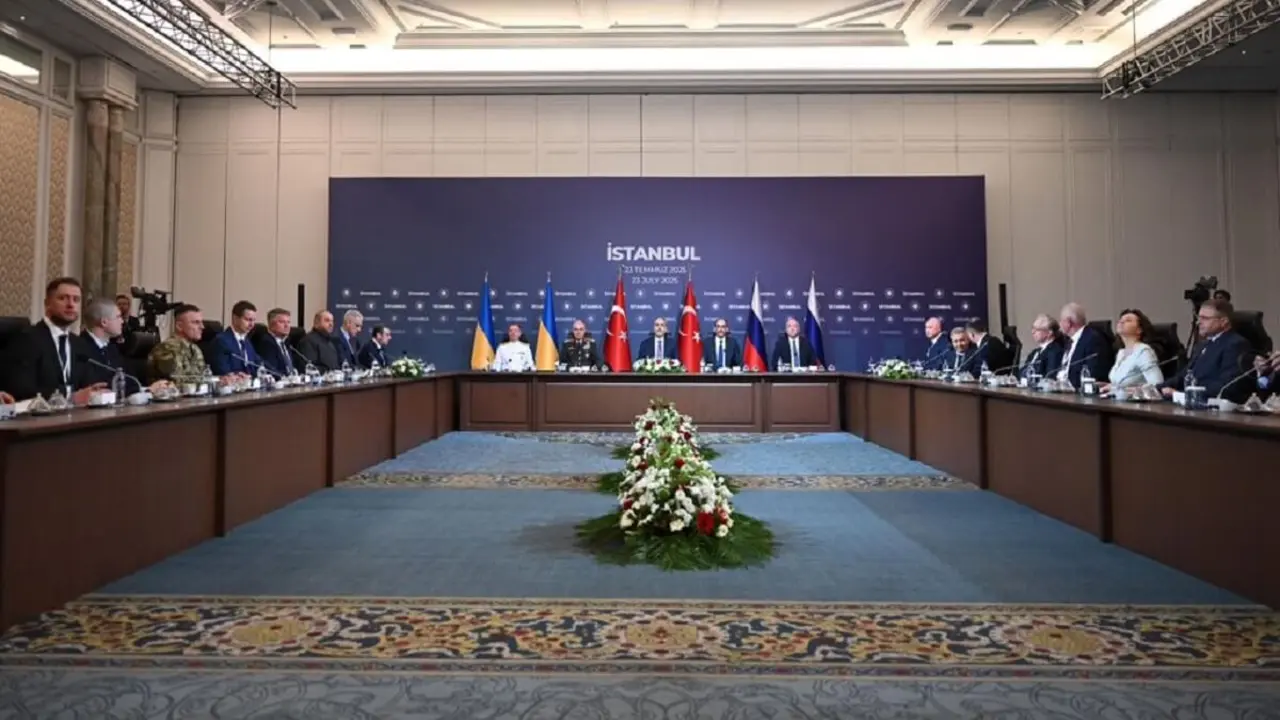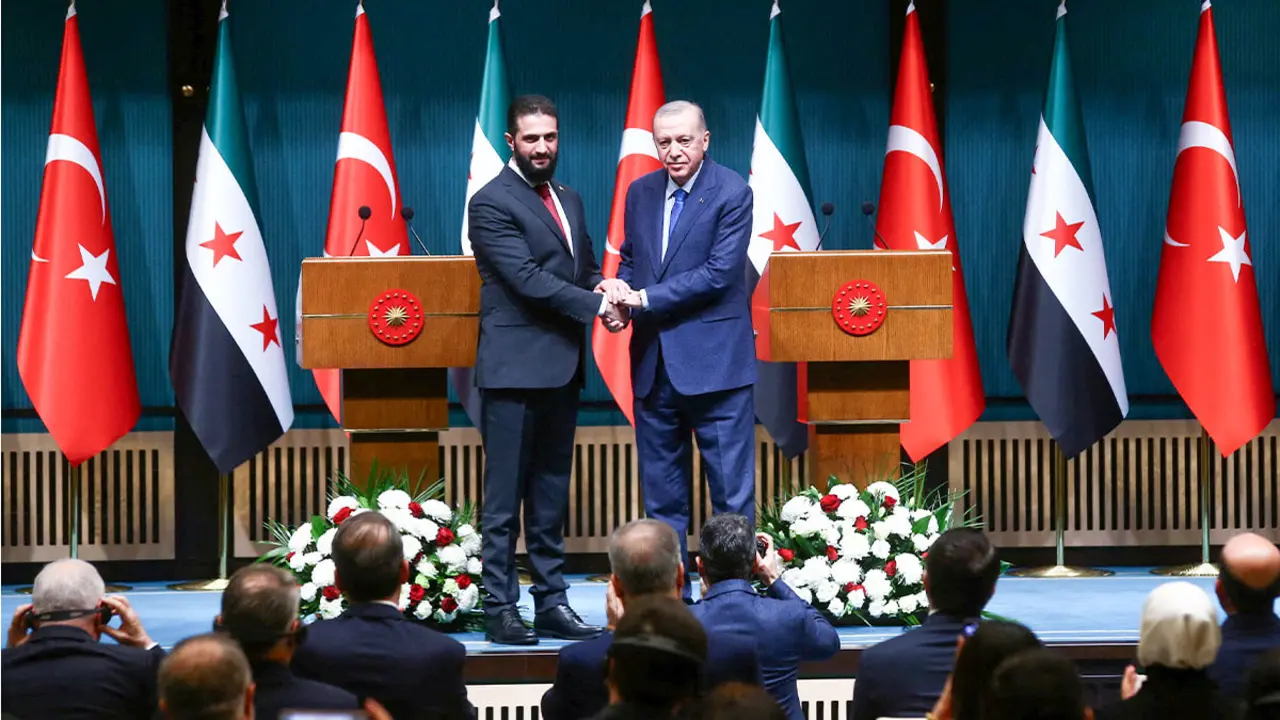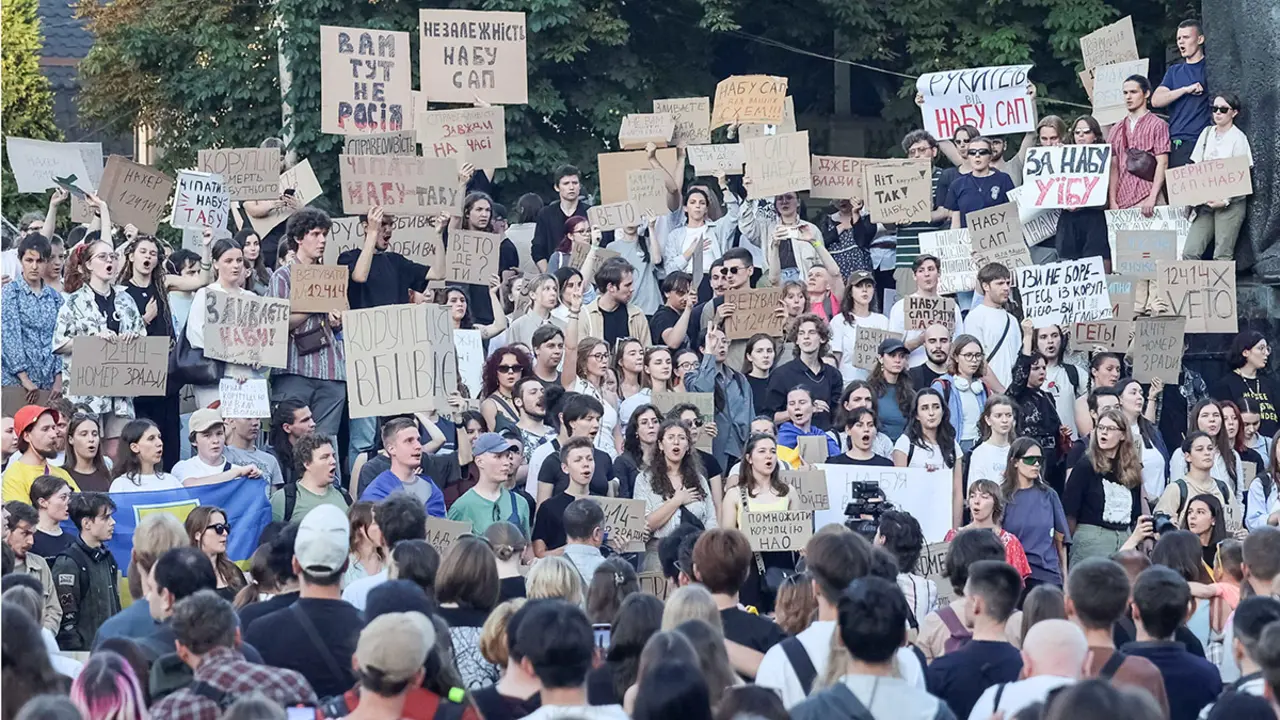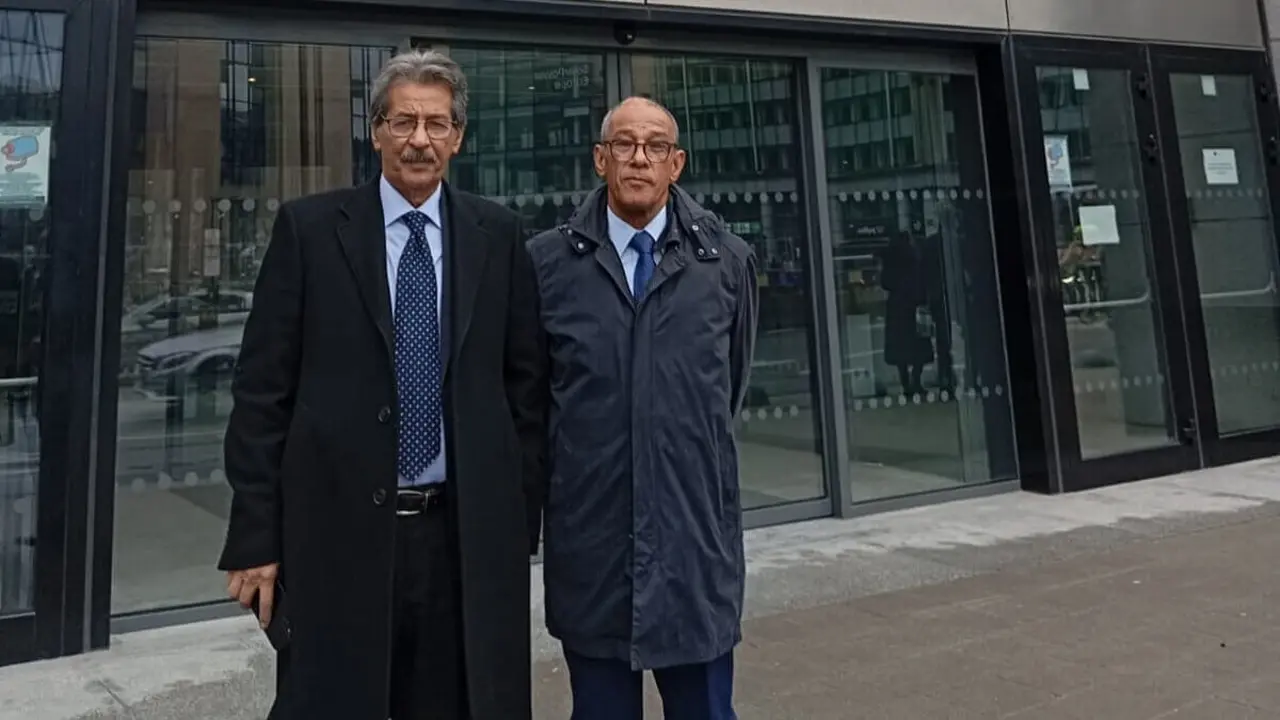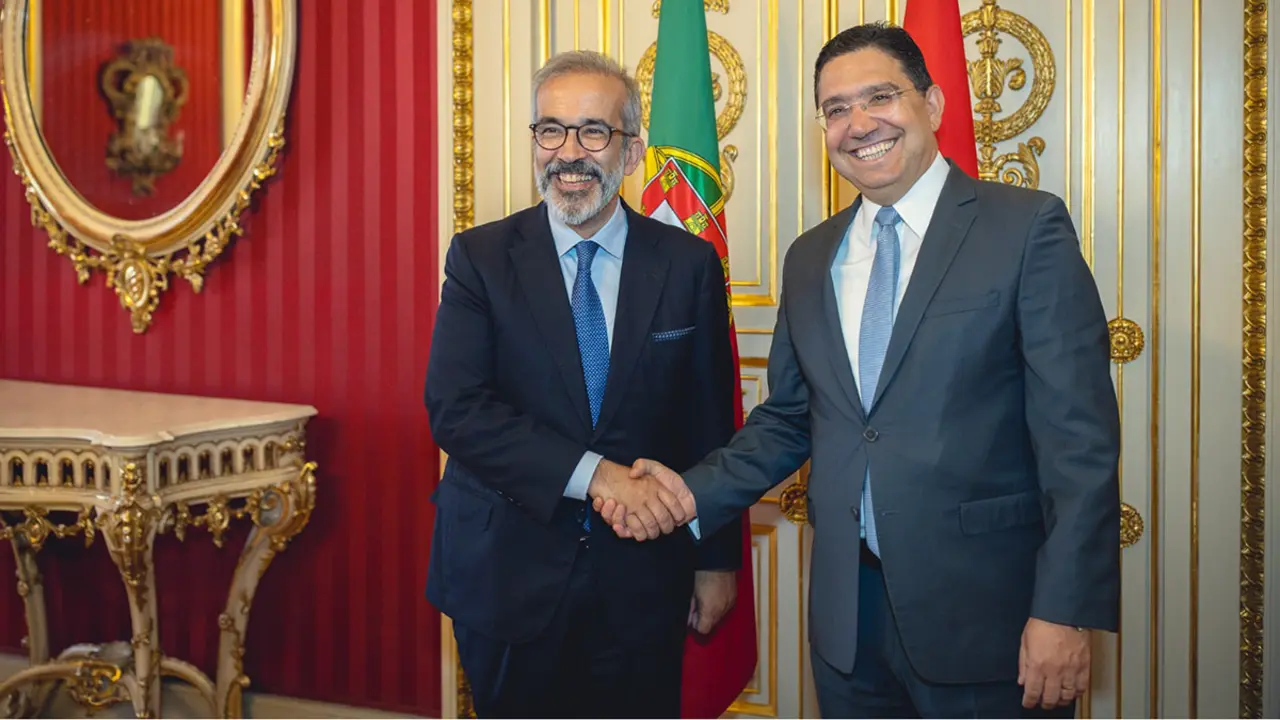José Antonio Zorrilla: “Turkey will never break with the West because it doesn't want to be left alone with Russia”

José Antonio Zorilla, a diplomat, ambassador and consul in Moscow between 2004 and 2008 - he was also in Shanghai and Moscow - was interviewed on the Atalayar program on Capital Radio that was broadcast on Monday, July 20 from 10:05 p.m. to 11:00 p.m. The Spanish diplomat addressed the situation in Russia, which is currently suffering from the scourge of three crises: the internal protests against President Vladimir Putin following the referendum of July 1 that allows him to remain in power until 2036; the oscillations in the oil market and the impact of the coronavirus pandemic. He also offered an interesting overview of the geopolitics surrounding Putin's Russia.
Which problem concerns Vladimir Putin more: internal protests against the Presidency or oil prices?
The critical strategic issue for Russia is oil. This is already behind us: the hegemony, or the alleged hegemony, of the former and current Soviet Union of Russia faces enormous problems of technological strength. It lacks many elements that the United States does have that allow it to be dominant in the world, such as the export of high technology. Since Russia does not have them, it lives by exporting purely primary products, basically gas and oil. The moment, for example, that the price of a barrel of oil is around 20 dollars or less, we would have to put Russia into the World Food Programme.
At the same time, the accusations against Russia continue. For example, last week, the UK, US and Canada accused the Kremlin of trying to steal coronavirus vaccine data through hackers, and of waging a "dirty war"... What do you think?
I think it's totally feasible and I'm not surprised at all, just like I'm not surprised that China is doing it. These are the rules of the game. But this should not lead us to a situation of despair, but to a policy of introspection. We have to address the way in which we defend ourselves against these attacks. Europe is full of tanks, military or satellites, but would it not be more reasonable to tackle the problem in another way? The truth is that I do not understand what the current European military deployment has to do with defending our interests. It is a war in which attack and defence are asymmetrical: there is no great concern about the issue of hacking, but there is, however, concern that we might be invaded, although it is quite improbable that Russia would dare to try to invade Western Europe. I have no doubt that the Soviet Union would have done so and, moreover, it seems historically proven that they came close to doing so two or three times, but not Putin's Russia by any means. Therefore, one of the solutions could be to hire great software engineers who would be able to defend us from cyber attacks.
The Cold War we have been experiencing in recent years is due to a complicated situation in Ukraine, with the annexation of the Crimea and the subsequent response of the EU with sanctions that raised tensions between the two blocks.
This is the very core of the Russian survival strategy. From the 17th century onwards, Russia defines itself as a great power, as a great Eurasian power, and this depends, above all, on the fact that it has control over what was once the Polish-Lithuanian confederation plus what covers Belarus, the Baltics and Ukraine today. But it also has the Asian façade, which is going to spread during the 19th century. All this has always been vital for Russia, because, firstly, it guarantees it has a European side as well as an Asian one and, secondly, because it is the corridor, through which everyone entered: Napoleon, Hitler... Which made Russia very nervous, a nervousness that grew with the visits of Joe Biden, the colour revolutions, etc. It was like putting "flags of fire" on Russia, which already had them because of the expansion of NATO. Then, as Russia is weak, more than is believed, the way it has to defend itself is through hacking and frozen conflicts which, in the case of Ukraine, takes the form of Donbass; or in the Caucasus with Nagorno-Karabakh and Georgia.
In addition, Russia wants to secure its way into the Mediterranean with the Tartus base in Syria, love-hate with Turkey and the gas pipelines and now Libya. The Middle East has become an area of special strategic interest for Moscow.
Russia has no hot water, which is why Abkhazia and the Crimea were so important to its interests. Every metre of hot shore in the Mediterranean or Black Sea counts. One meter is already strategic. Syria is also vital because it has a military, air and sea base. As for Turkey, I would dare to make a prophecy: whatever happens, Turkey will not break with the West because it does not want to be left alone with Russia. That will never happen.

